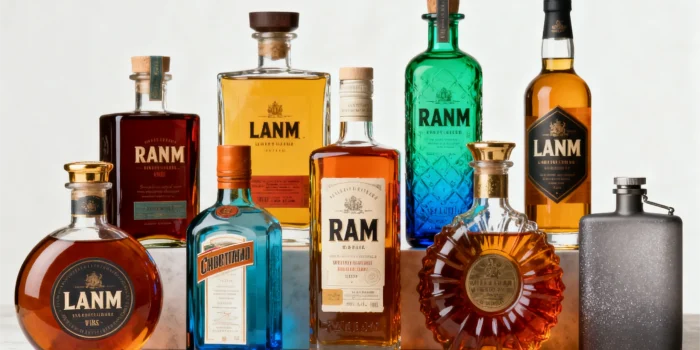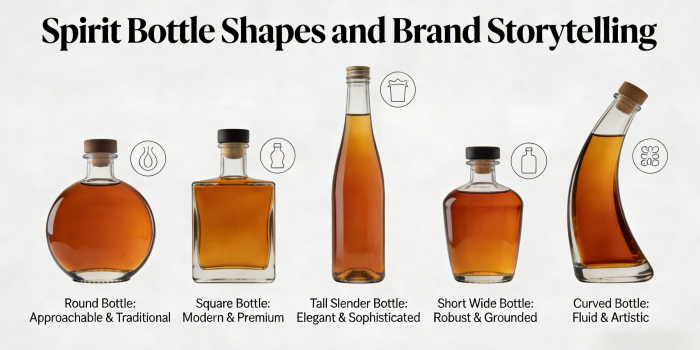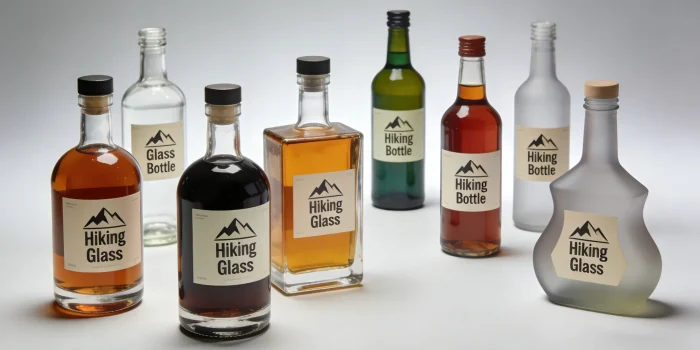Designing a Custom Liquor Bottles is one of…
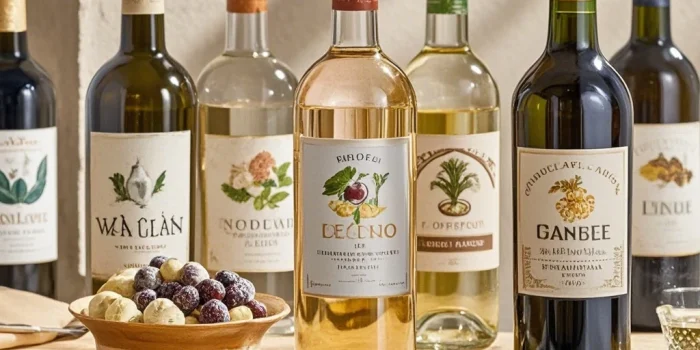
How to Choose the Best Supplier for Your Wine Bottle Needs
When choosing the best supplier for your wine bottle needs, you can consider the following factors:
1. Quality of the Wine Bottles
- Material:
- Wine bottles are typically made of glass. High – quality glass is clear, without significant bubbles or impurities. For example, if you’re looking for a premium product, you might want bottles made of crystal – clear flint glass, which gives a more elegant look and better light refraction, enhancing the visual appeal of the wine.
- The thickness of the glass also matters. Thicker glass generally provides better protection for the wine against temperature changes and physical impacts. Some bottles for sparkling wines need to withstand higher internal pressure, so they require stronger and thicker glass.
- Shape and Design:
- The shape of the wine bottle should be suitable for the type of wine and your branding needs. For example, Bordeaux – style bottles with their tall, broad – shouldered shape are often associated with red wines like Cabernet Sauvignon and Merlot. Burgundy – style bottles, on the other hand, have a more sloped shoulder and are commonly used for Pinot Noir and Chardonnay.
- The design of the bottle, including the finish (the part at the top of the bottle), the embossing, and the label area, can also impact your decision. A smooth, well – made finish is important for a proper seal with the cork or screw cap. Embossing can add a touch of elegance or help with brand identification.
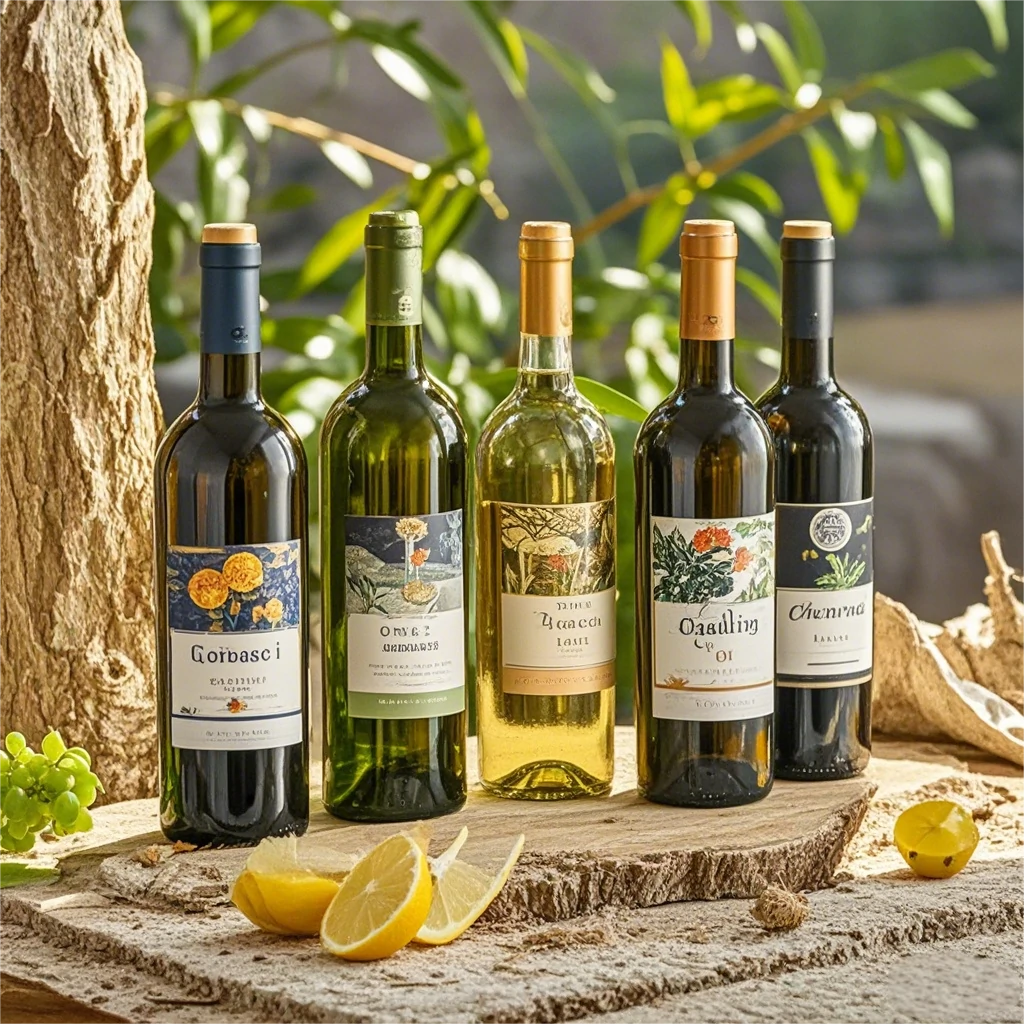
2. Pricing
- Cost per Unit:
- Compare the prices of different suppliers. Get quotes for the specific type, size, and quantity of wine bottles you need. Keep in mind that buying in larger quantities may lead to lower unit costs, but you also need to consider your storage space and cash flow. For example, if you’re a small winery just starting, you might not be able to afford to purchase thousands of bottles at once, so you need to find a balance between price and order quantity.
- Some suppliers may offer discounts for repeat orders or for customers who sign long – term contracts. Consider these options if they fit your business model and purchasing plans.
- Hidden Costs:
- Look out for any hidden costs such as shipping fees, packaging charges, and minimum order requirements. Shipping costs can vary significantly depending on the supplier’s location and the shipping method. Some suppliers might include free shipping for orders above a certain value, while others may charge a flat rate or calculate it based on weight and distance. Packaging is also important, as good – quality packaging ensures the bottles arrive in one piece. Minimum order requirements can limit your flexibility, especially if you’re a small – scale operation.
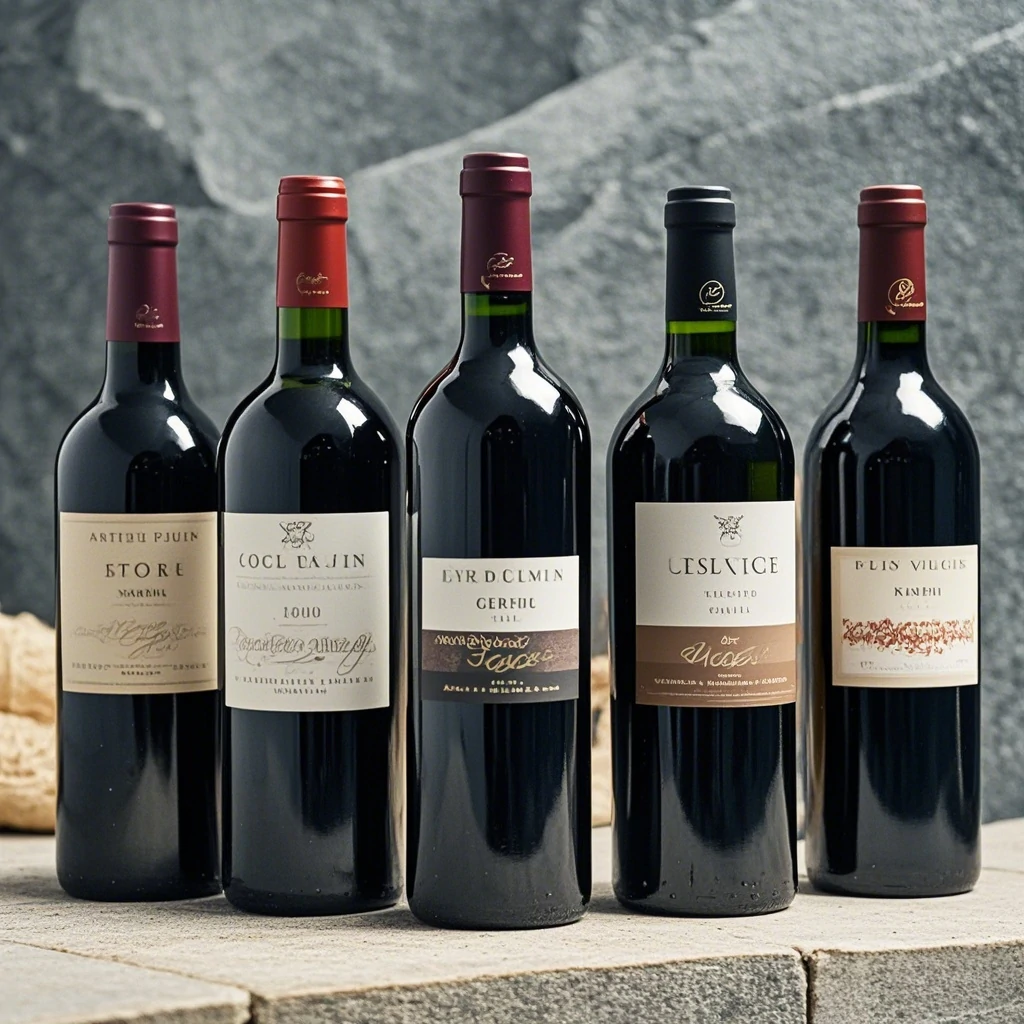
- Look out for any hidden costs such as shipping fees, packaging charges, and minimum order requirements. Shipping costs can vary significantly depending on the supplier’s location and the shipping method. Some suppliers might include free shipping for orders above a certain value, while others may charge a flat rate or calculate it based on weight and distance. Packaging is also important, as good – quality packaging ensures the bottles arrive in one piece. Minimum order requirements can limit your flexibility, especially if you’re a small – scale operation.
3. Supplier’s Reputation and Reliability
- Industry Experience:
- A supplier with a long history in the wine bottle manufacturing or distribution business is more likely to provide reliable products and services. They have a better understanding of the industry standards and customer needs. For example, a supplier who has been in the business for 20 years may have established relationships with quality glass manufacturers and have a proven track record of delivering on time.
- Customer Reviews and Testimonials:
- Check online reviews and testimonials from other wine producers who have used the supplier’s services. Look for comments about the quality of the bottles, the accuracy of orders, and the supplier’s responsiveness to issues. Platforms like trade magazines, industry forums, and business – to – business review websites can be valuable sources of information.
- Certifications and Standards:
- Ensure that the supplier adheres to relevant quality and safety certifications such as ISO 9001 (which indicates a commitment to quality management systems) and food – grade certifications for the bottles. These certifications show that the supplier meets certain international or national standards and that the bottles are safe for storing wine.
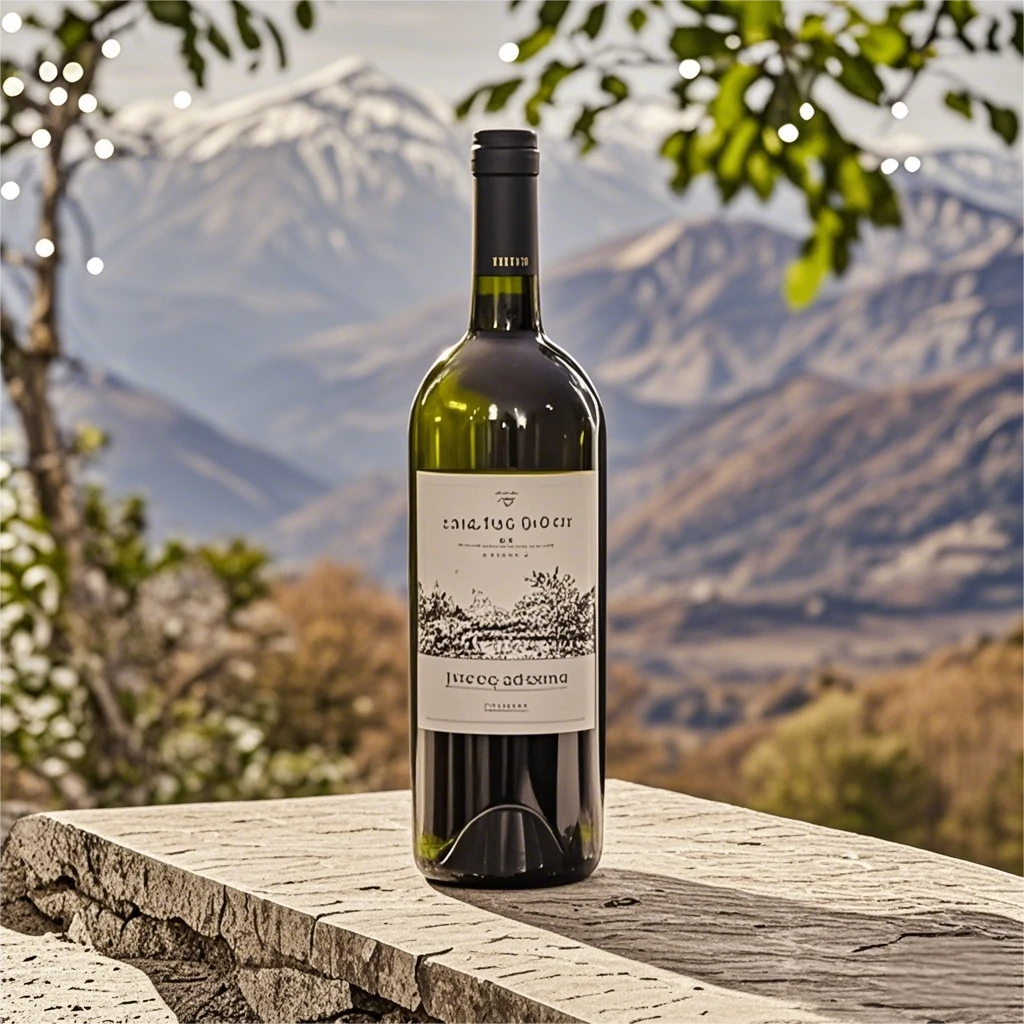
- Ensure that the supplier adheres to relevant quality and safety certifications such as ISO 9001 (which indicates a commitment to quality management systems) and food – grade certifications for the bottles. These certifications show that the supplier meets certain international or national standards and that the bottles are safe for storing wine.
4. Production Capacity and Lead Time
- Capacity:
- You need to know if the supplier can meet your demand, especially during peak seasons. A large – scale supplier with high – production capacity is more likely to handle sudden increases in your order volume. For example, if you expect a significant growth in your wine sales during the holiday season, you need a supplier who can provide the additional bottles you need without delay.
- Lead Time:
- Find out the typical lead time from placing an order to receiving the bottles. A shorter lead time is usually more beneficial as it allows you to respond quickly to market changes or restock your inventory promptly. Some suppliers may have a standard lead time of a few weeks, while others can offer expedited services for an additional cost.
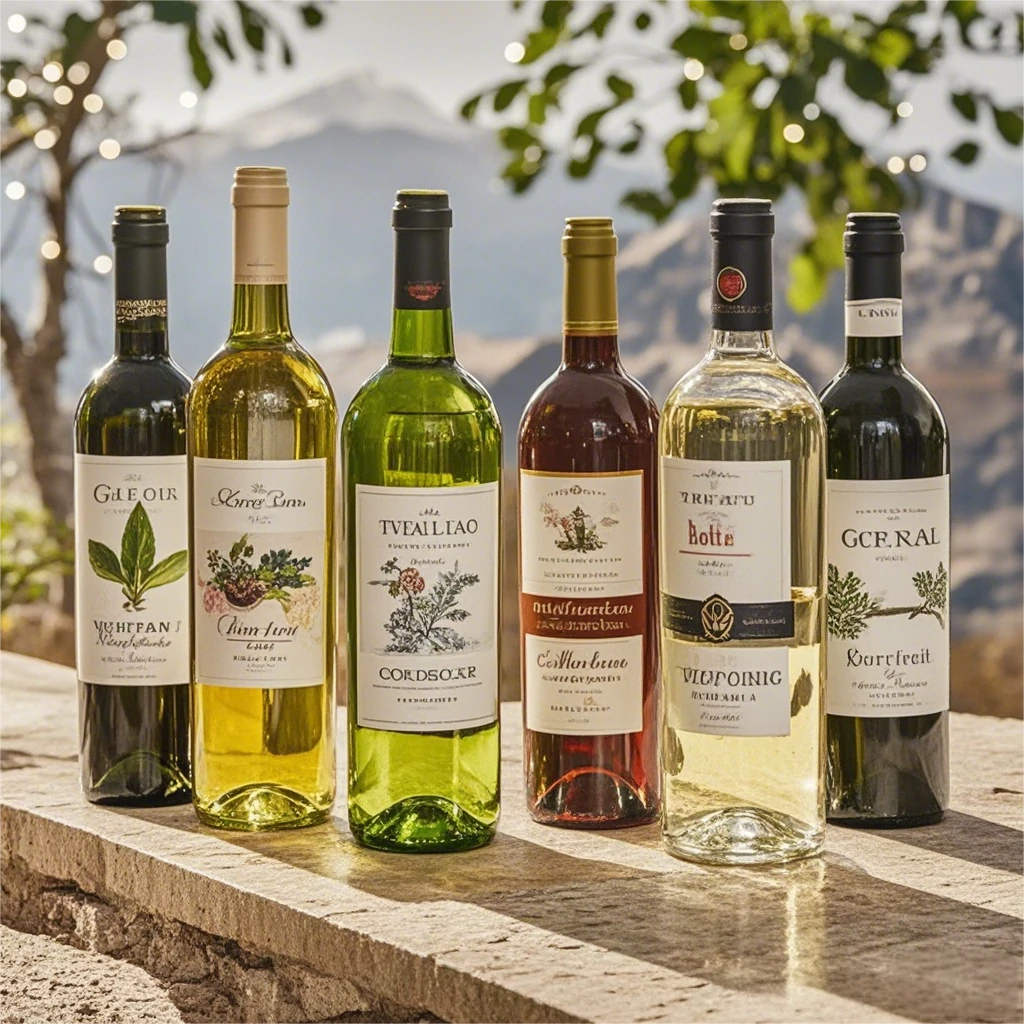
- Find out the typical lead time from placing an order to receiving the bottles. A shorter lead time is usually more beneficial as it allows you to respond quickly to market changes or restock your inventory promptly. Some suppliers may have a standard lead time of a few weeks, while others can offer expedited services for an additional cost.
5. Customization Options
- Branding:
- If you want to have your own brand logo, label design, or unique bottle shape, look for a supplier that offers customization services. They should be able to work with you to create a distinct look for your wine bottles that stands out on the market. For example, you might want to emboss your winery’s logo on the bottle or use a custom – colored glass to match your brand’s identity.
- Minimum Order Quantities for Customization:
- Check the minimum order requirements for customization. Some suppliers may have a high minimum, which could be a barrier if you’re a small winery or a startup. You need to balance the cost and benefit of customization with the quantity you can realistically order and sell.
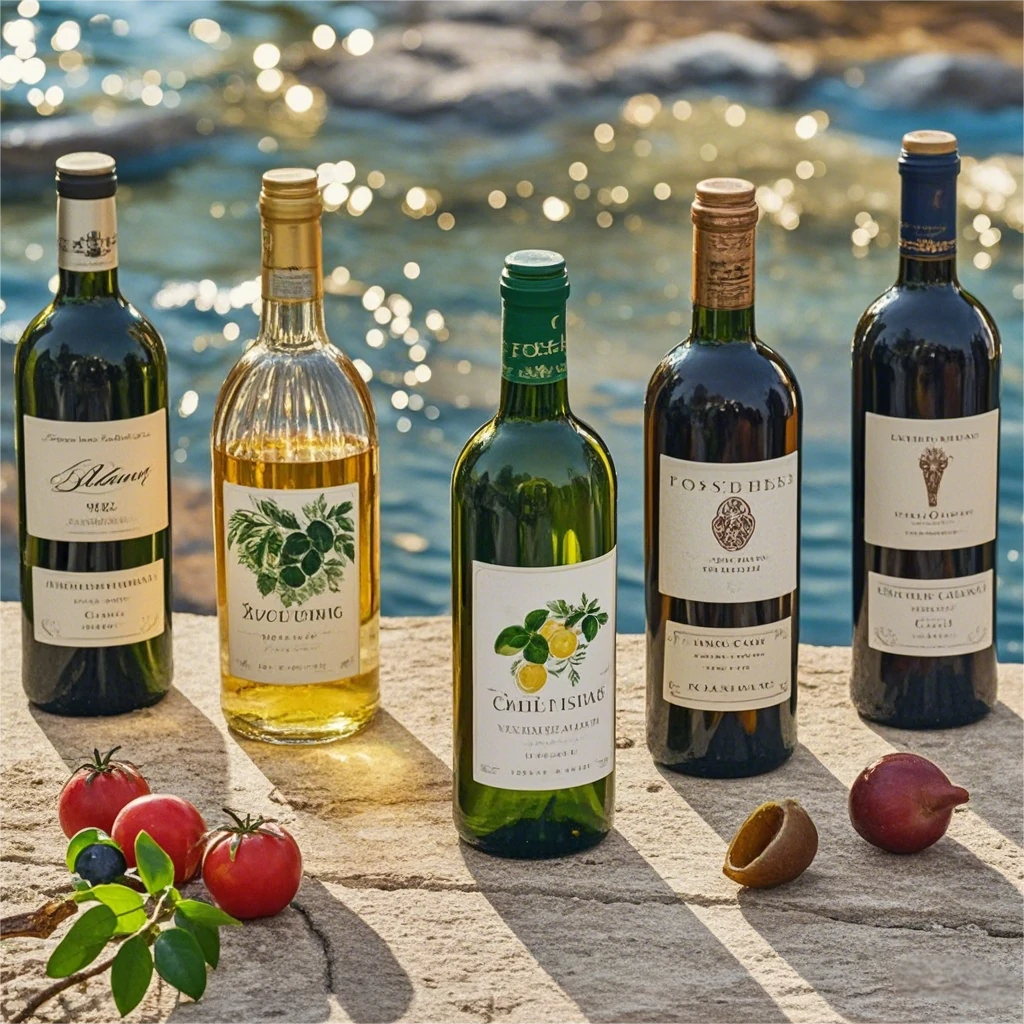
- Check the minimum order requirements for customization. Some suppliers may have a high minimum, which could be a barrier if you’re a small winery or a startup. You need to balance the cost and benefit of customization with the quantity you can realistically order and sell.
6. Customer Service
- Responsiveness:
- Good customer service is essential. The supplier’s sales and support team should be responsive to your inquiries, whether it’s about product details, order status, or technical issues. They should be able to provide clear and prompt answers via phone, email, or other communication channels.
- Problem – Solving Ability:
- In case of any problems such as damaged bottles during shipping, incorrect orders, or quality issues, the supplier should have an efficient problem – solving process. They should be willing to work with you to find a satisfactory solution, such as replacing the damaged bottles or adjusting the order.
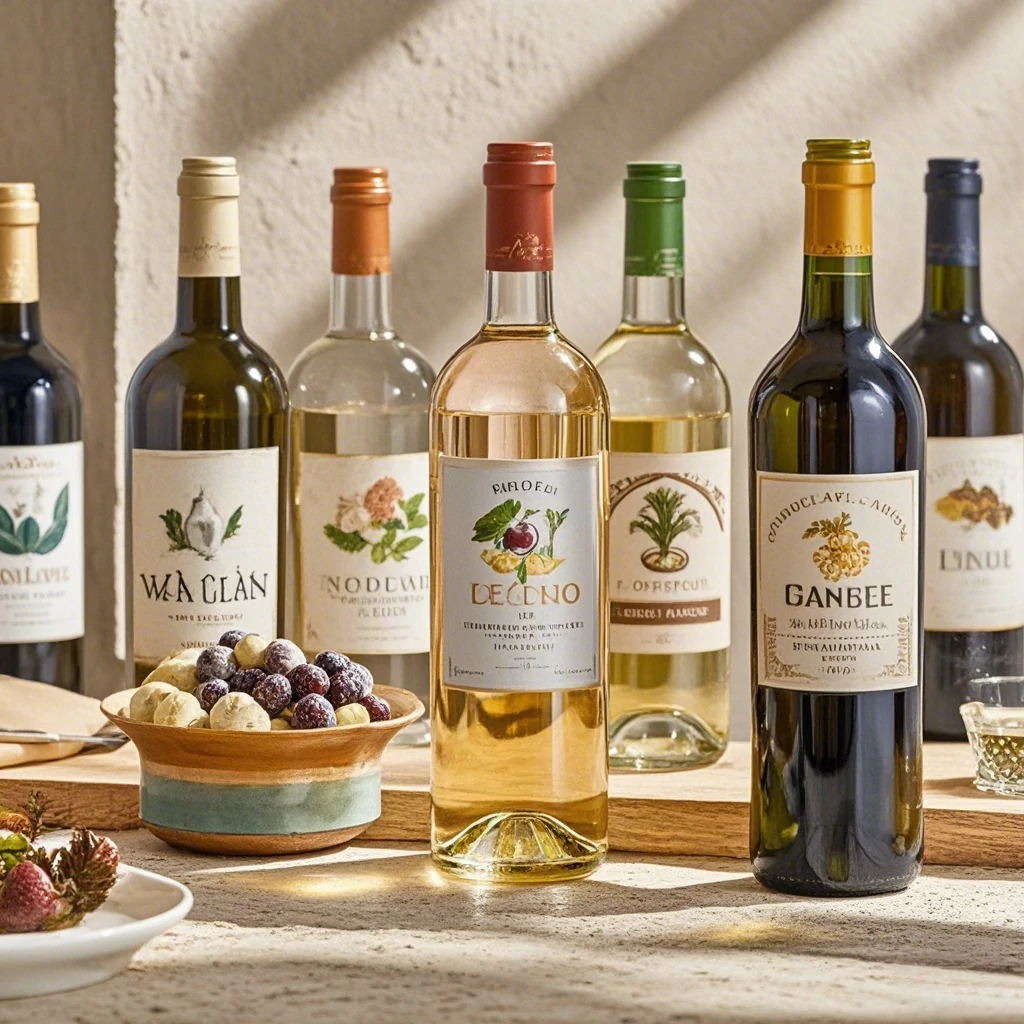
- In case of any problems such as damaged bottles during shipping, incorrect orders, or quality issues, the supplier should have an efficient problem – solving process. They should be willing to work with you to find a satisfactory solution, such as replacing the damaged bottles or adjusting the order.
Hiking glass bottle manufacturer with over 10 years of international trade experience. We specialize in designing and producing custom glass bottles, with a complete production process from designing to mold making. Our company has 14 production lines more than 500 skilled workers and a daily production capacity of 800,000 glass bottles.
We also offer a range of decoration options, including screen printing, decal, color spraying,frosting, and electroplating. At Heze Hiking Packging Co., Ltd.,we take pride in our commitment to providing excellent service to oulcustomers.

